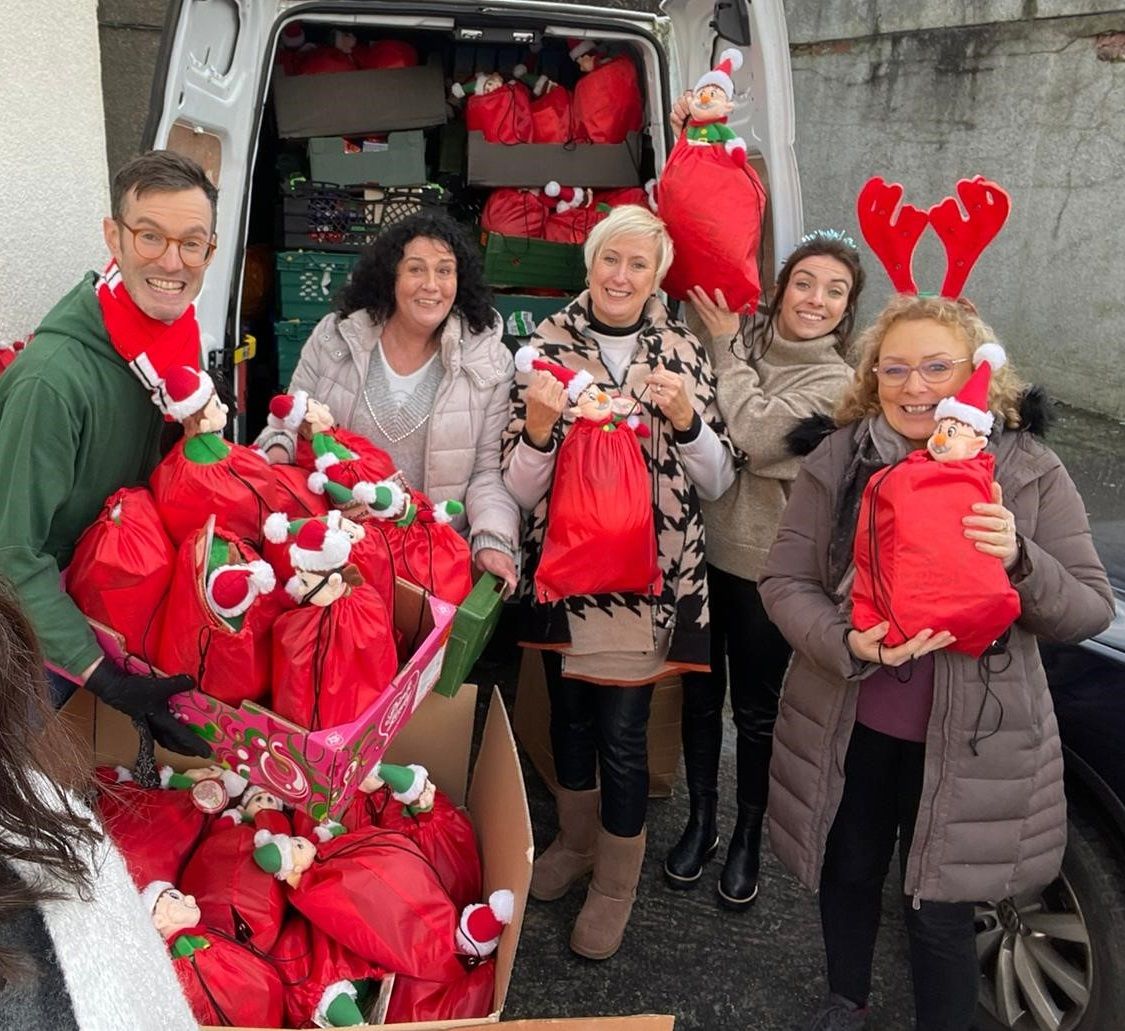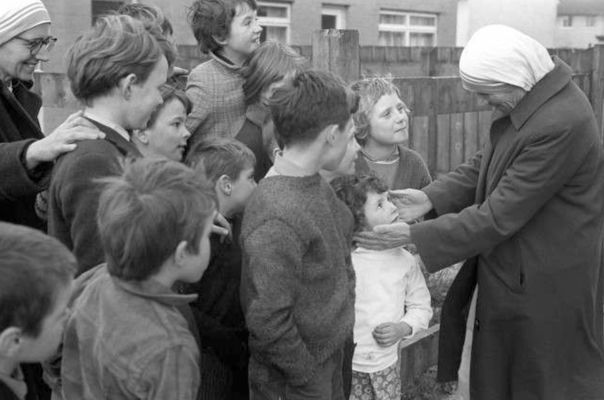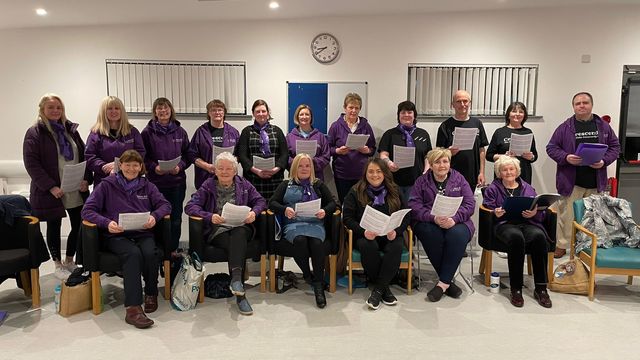SOUTH Belfast Foodbank have recieved a donation of 150 play packs from PlayBoard to support children, young people, and families during the cost of living crisis.
PlayBoard is an independent charity and the lead organisation for the development and promotion of children and young people’s play across the North of Ireland.
Since its establishment in 1985, PlayBoard has been committed to supporting children and young people’s play working with over 100 member groups, all of whom are committed to helping them to achieve their goal of developing quality play opportunities that improve children and young people’s lives.
The SBFB office is closed from Friday 23rd Dec right through until Tuesday 3rd Jan.
— SouthBelfastFoodbank (@SouthbelfastFB) December 21, 2022
If you know someone that needs help, we have emergency provision with details on our website here: https://t.co/BlbdDcKv7D
We are also temporarily pausing operations to help facilitate a pic.twitter.com/PihTbq2657
Accepting the packs, Bruce Gardiner-Crehan, Project Manager for South Belfast Foodbank said: “We were delighted to receive 150 Christmas bags with some brilliant games, toys and treats inside. So far, they have really gone down very well with each family coming to the Foodbank offered at least one.
"It is lovely to see the smiles and happiness these bring, especially at such a tough and cold time of year.
"The South Belfast Foodbank is extremely grateful to all the PlayBoard staff who made this generous donation possible.”
Alan Herron, PlayBoard CEO explained: "The donation of 'play packs' are one of a number of initiatives underway by PlayBoard in response to the challenging circumstances facing many families this winter.
"The play packs include some traditional toys like a skipping rope and chalk, as well as other toys and treats to help local children get out to play over the coming months.
"We would like to express our gratitude to Lidl NI for their kind donation of toy elves and other goodies for our packs. Through the generosity of local companies, we are able to help make a difference to children and families this Christmas."
With the cost of living crisis impacting families across the North, PlayBoard has also developed a new resource highlighting a range of low-cost play ideas in the run-up to Christmas.
PlayBoard’s guide highlights that play activity does not need to be expensive or involve costly toys and gadgets, but rather that there are many ‘free and found’ play opportunities that already exist within our homes, schools, childcare settings, and communities.






